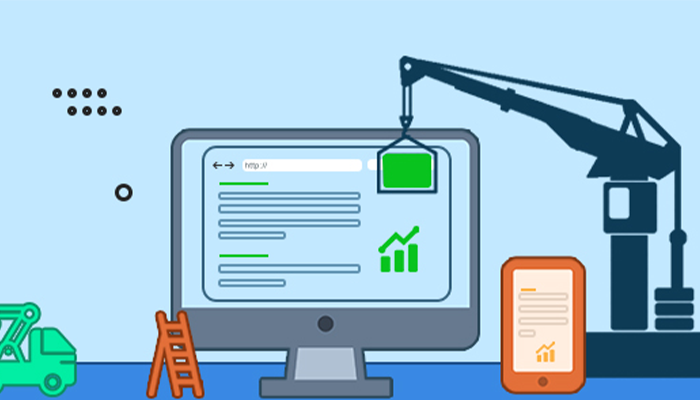Machine learning is the latest buzzword in the world of technology; so it’s naïve to think search engines would remain unaffected of this new phenomenon. Google’s search engine algorithm ‘RankBrain’ is already using it. However, the question is — how will it impact your website? Is there anything you can do to insulate your website ranking?
The problem with this question lies in various hidden assumptions. The first assumption is — machine learning is something you can optimize and the second one is — what does this mean in a traditional sense?
What Google wants to achieve through machine learning
This is not a simple answer. It also entails the biggest insight on what’s happening in the digital world. It tells us what lies in future and how the machine learning technology fits in the whole scheme of things. The purpose of this is quite straightforward — Google is trying to generate more money. Were you expecting a feel good answer? If yes, you’ll certainly be disappointed.
Here is how it can help Google increase its revenue
There are a variety of ways in which Google can increase its revenue. Some of the more obvious ones as follows:
- Increase the number of users
- Increase the frequency of returning visitors
- Increase the revenue generated per user
- Decrease the bounce rate
- Increase the options for users to complete their action
Google knows that it can succeed only when users rely on it consistently and frequently. It also needs to increase their area of influence since that will increase its ability to advertise to a wider set of audience. And wider presence also means more revenue for Google.
So what machine learning is about
Before we delve deeper, having a brief understanding about machine learning will be important. It would also make it clear what Google wants to achieve out of the machine learning technology. This will help you understand the full-scope of this novel thing. So we will discuss about machine learning within the confines of Google search.
Machine learning is a form of artificial intelligence that enables machines to learn and adapt continuously based on certain data or signals without any external help. They develop and grow themselves, and not with the help of a programmer. Earlier, programmers used to sit and hammer out different ways to plug the gaps in a ranking formula when its weaknesses start being exploited by pesky SEO professionals. Engineers used to manually adjust the weighting factors of each of the signals and an update was pushed out.
Let’s imagine a scenario
What will happen if a machine learning algorithm is given the ability to add a new ranking factor on its own and also create its own success metrics with the goal of helping Google earn more money? This is where it can impact your website.
So… what do you do?
The answer is simple: Help Google make more money. This does not mean you should invest more in AdSense. With the advent of Google Home and voice search and mobiles surpassing desktops, the days of organic SEO is nearing its end. So, the idea of appearing in the top 10 results will soon become more outdated.
Dave Devices, a famous columnist, says, “We are heading to a world where machine learning will facilitate such rapid adjustments to algorithms and such customization of individual results and understanding of context that the only requirement of a result is that it meet the user’s needs. Not that it’s organic, not that it has links — just that it meets a need.” This is the only thing you need to do.
Summing up
Keeping up with every micro search engine algorithm is not possible. The only thing you can do is understand the technology and see how users are taking to it.







